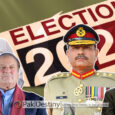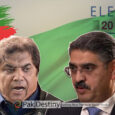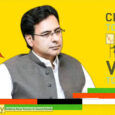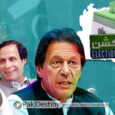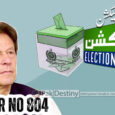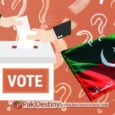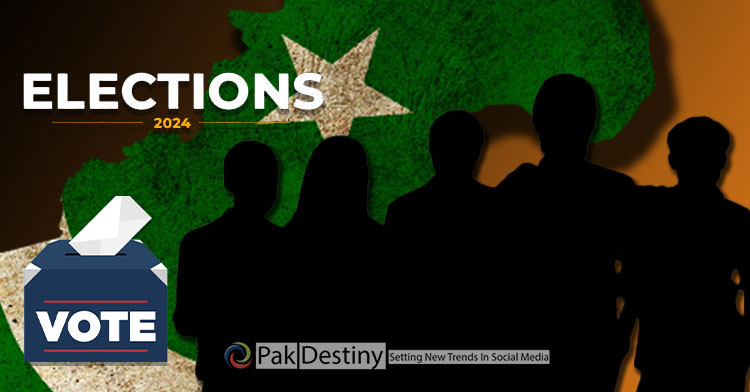
By Raza Ruman
YOUNG voters will be the decisive factor in Feb 8 polls.
“As political parties prepare to battle it out at the polls in February, they should consider tuning into the pulse of an electorate ripe for change. It wants them to buck the trend of fielding familiar warhorses, and, instead, bet on women and youngsters,” Dawn writes in its editorial.
According to ECP figures, 45pc of voters are expected to be under 35 years of age, 26pc will be from 26 to 35 years, with 20pc in the age bracket of 18 to 25.
Most feel let down by political leaders, are indifferent towards political activity, and, hit by a socioeconomic meltdown, pessimistic about their own prospects. Moreover, the Bureau of Emigration’s records show that nearly 832,339 Pakistanis found employment abroad in 2022, and 315,787 citizens left the country in the first half of 2023.
Such haemorrhage in a nation where the youth constitutes almost 70pc of the population should compel the political class to generate youthful and female representation.
The move will assuage weariness, stem talent drain and soften a patriarchal political climate. Concerned that “the average turnout of young voters for the past eight elections was 31pc”, Pildat, too, recently urged political parties to pick young nominees in the upcoming polls. The institute fears that apathetic young people will turn to “non-democratic, radical ideologies”.
The sine qua non of political modernisation is inter-generational and gender parity. And in a country where women and young people dominate the population, an enlightened and plural political culture cannot be a contested issue.
The influx of young people and women promises a fresh approach to development, diverse political membership, intra-party democracy, sensitive policies and a settlement between electoral politics and grassroots activism.
However, the shift requires redefining ‘winnability’ parameters that make it a steep climb for females and youth. Weak on muscle power and affluence, the field narrows for them as parties prefer safe electables.
In other words, openness in the political sphere consisting of young voices and those of women on negotiating platforms and in peace dialogues needs accountability mechanisms to ensure gender equity and generational change.
Above all, party leaders should be prepared to take chances, beginning with closing their eyes to insular politicians who see constituencies as personal fiefdoms. Change, at its core, is about challenging political dynasties that exclude other aspirants.
Will the better sense prevail? PAK DESTINY

